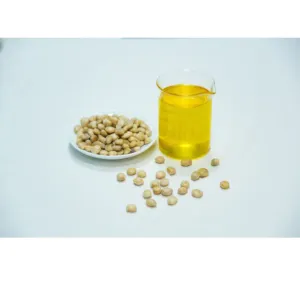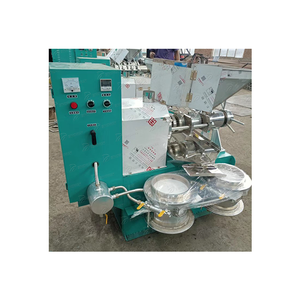

High Omega369 content Selected Sacha Inchi Oil High quality Healthy Halal Food 100% Organic Product From Viet Nam Manufacture


50kg/h/500kg/h Corn Oil Presser Castor Sunflower Seed Cold Oil Press Mustard Cooking Oil Making Machine In Kenya






















Canola oil, a prominent member of the vegetable oils family, is derived from the seeds of the canola plant. This oil has gained considerable attention in the culinary world, often compared and contrasted with other oils such as vegetable v canola oil and olive oil v rapeseed oil. Its versatility in cooking and potential health implications are subjects of interest for both consumers and producers.
The oil is extracted from canola seeds, which undergo a rigorous process to become the clear, golden oil stocked on shelves. The extraction process is designed to maintain the integrity of the oil's flavor and nutritional value. The term rapeseed oil plant is often used interchangeably with canola, but it is essential to note that canola is a specific variety bred to have lower levels of certain compounds, making it a distinct product.
Canola cooking oil is a staple in kitchens worldwide, favored for its light flavor that doesn't overpower dishes. Its high smoke point makes it suitable for a variety of cooking methods, including frying, baking, and sautéing. The debate of canola v vegetable oil often centers on these cooking properties, with canola frequently emerging as a preferred option for its versatility and the texture it imparts to food.
The health implications of canola oil have been a topic of discussion, with some questioning, "is canola oil bad for you?" Research indicates that canola oil is lower in saturated fats compared to other oils, which can be beneficial when consumed in moderation. However, it is crucial for consumers to consider their overall dietary patterns when evaluating the health impacts of canola oil bad for health claims.
The cultivation of the canola oil plant has both environmental and economic dimensions. As a crop, canola requires specific climatic conditions and has become a significant agricultural product in certain regions. The economic aspect of canola, including factors like canola oil cost and market demand, influences its production and availability. Producers and consumers alike are interested in the sustainability and economic viability of canola oil as a product.
Quality is paramount in the production of canola oil. The raw material, specifically the canola oil seed, is carefully selected and processed to ensure the final product meets industry standards. Unlike colza oil, which is another name for traditional rapeseed oil, canola oil made from specially bred canola contains less erucic acid, making it a different and more desirable product in terms of both taste and nutritional profile.